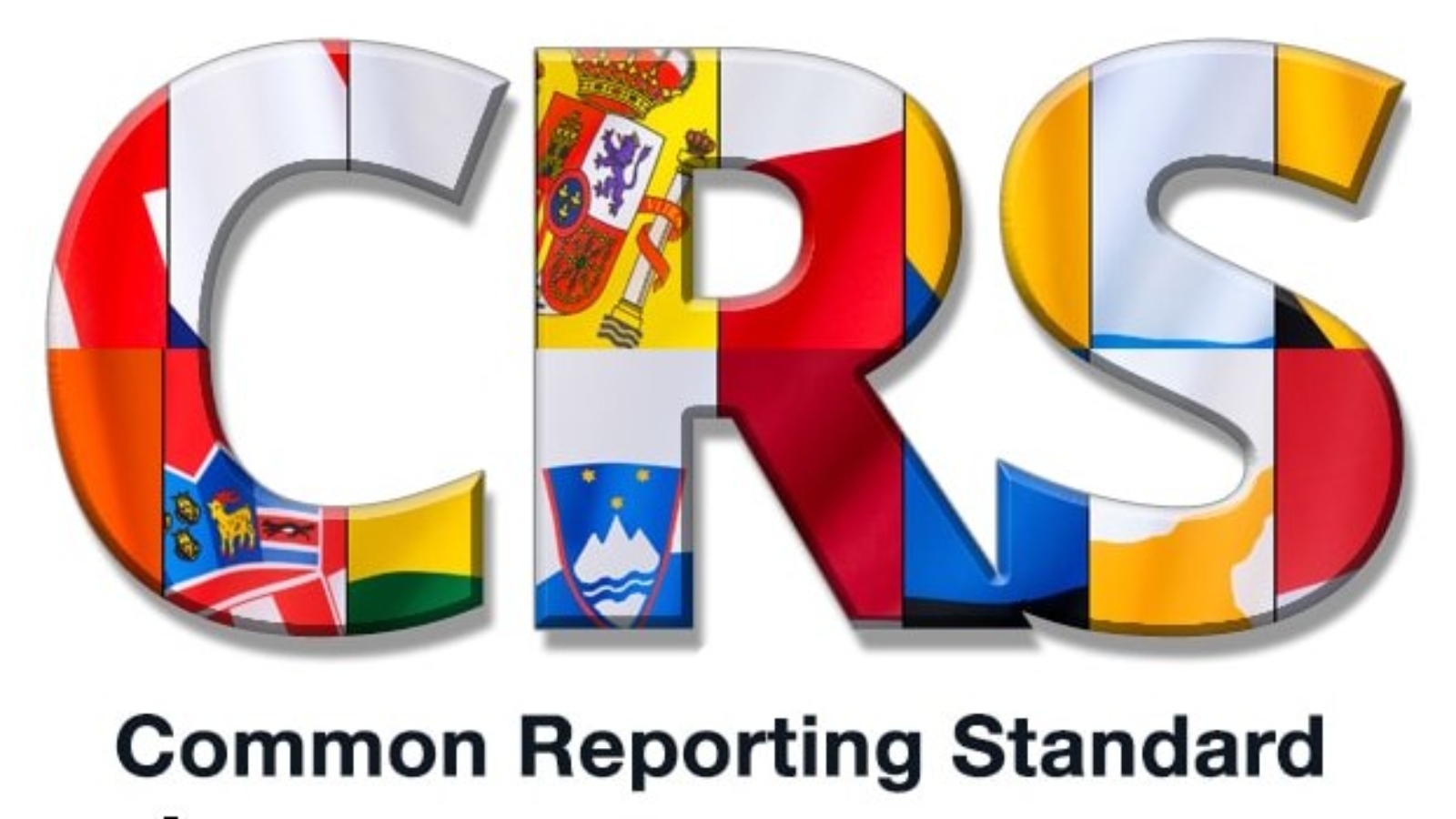In recent years, there has been a growing trend towards international cooperation and transparency in tax matters. This has led to the implementation of initiatives such as the Common Reporting Standard (CRS), which requires financial institutions to collect and report information on their clients’ tax residency to the relevant tax authorities. As a result, it’s important for individuals and businesses to understand the implications of the common exchange of information and the role of Corporate Service Providers (CSPs) in managing this process.
What is the Common Exchange of Information?
The Common Exchange of Information refers to the sharing of financial information between countries, in order to promote greater transparency and prevent tax evasion. Under the CRS, financial institutions are required to collect information on their clients’ tax residency and report it to the relevant tax authorities. This information includes details such as account balances, interest income, and dividends received.
Implications for Individuals and Businesses
For individuals and businesses with accounts in multiple countries, the common exchange of information can have significant implications. It’s important to understand that the information collected by financial institutions will be shared with your country of tax residence, regardless of where the account is located. This means that if you are a resident of a high-tax jurisdiction, you may be subject to increased scrutiny and potential tax liabilities.
Role of Corporate Service Providers
Corporate Service Providers (CSPs) play an important role in managing the common exchange of information for their clients. A CSP can provide guidance on how to navigate the reporting requirements of the CRS, ensure that you remain compliant with local regulations, and help you manage your tax liabilities. Additionally, a CSP can help you find alternative banking solutions that are more accommodating to your business needs.
Choosing the Right CSP
When choosing a CSP, it’s important to choose a reputable and experienced provider with a strong track record of compliance and client satisfaction. Look for a provider with a deep understanding of the local regulations and reporting requirements, as well as a commitment to providing personalized and responsive service. With the right CSP by your side, you can navigate the complexities of the common exchange of information and ensure that your business remains compliant and successful.
Conclusion
The common exchange of information is an important development in the world of tax compliance, and it’s important for individuals and businesses to understand the implications of this trend. With the right guidance and support from a Corporate Service Provider, you can manage the reporting requirements of the CRS, ensure compliance with local regulations, and manage your tax liabilities effectively. Be sure to choose a reputable and experienced CSP with a commitment to providing personalized service and support.




